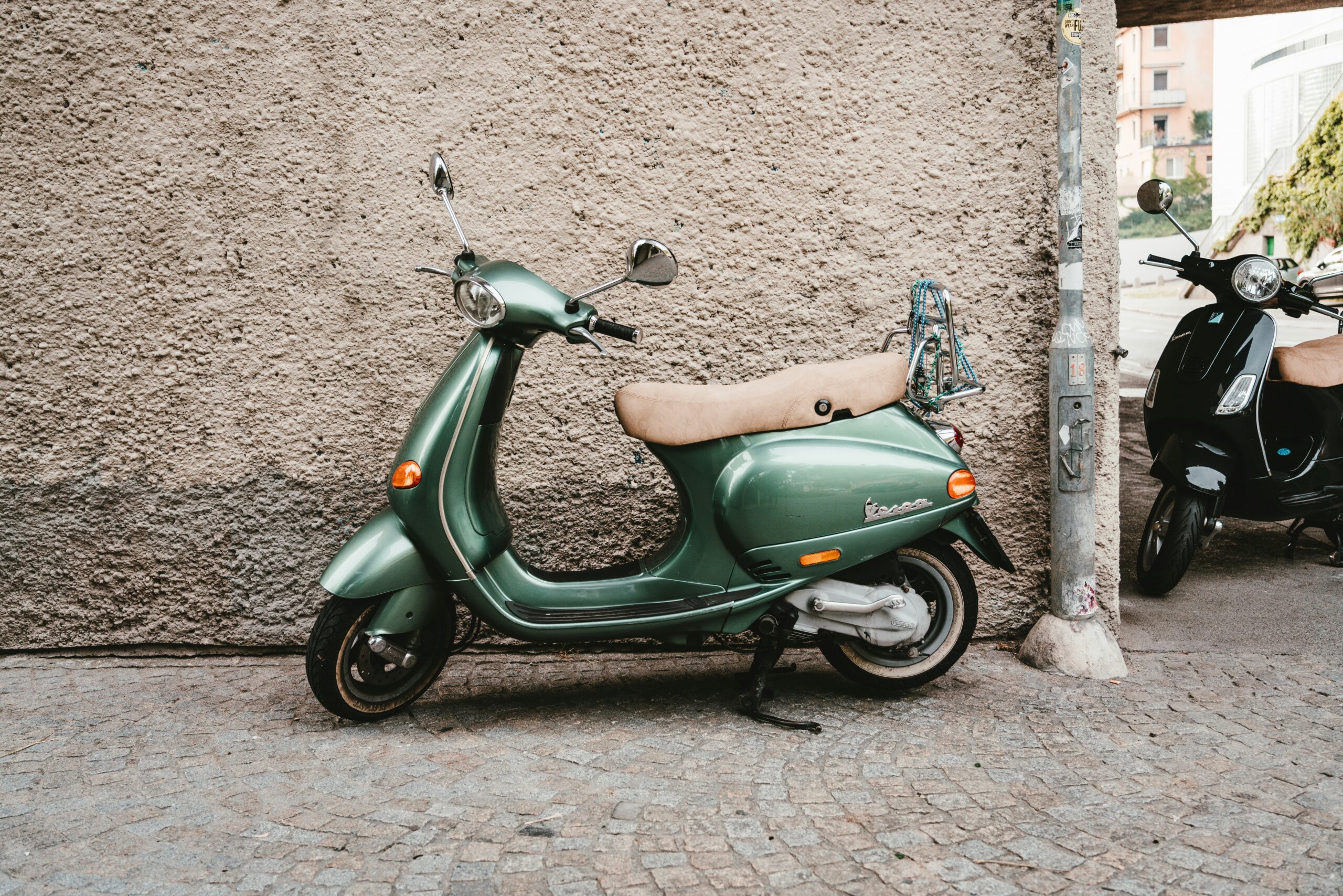Electric scooters are a convenient and eco-friendly way to get around, but their utility often depends on how long they can operate on a single charge. If you’re wondering how many hours an electric scooter can last, the answer varies depending on several factors, including battery capacity, riding conditions, and scooter type. In this guide, we’ll break down what determines an electric scooter’s battery life and how to maximize its runtime.
Average Battery Life of an Electric Scooter
The battery life of an electric scooter, measured in hours, depends on its range and speed. On average:
- Entry-Level Scooters: 1-2 hours (range: 10-15 miles)
- Commuter Scooters: 2-4 hours (range: 20-30 miles)
- High-Performance Scooters: 4-6 hours or more (range: 40-60 miles)
These figures are based on average usage under ideal conditions. Factors like rider weight, terrain, and speed can influence the actual runtime.
Factors That Affect Electric Scooter Battery Life
Several factors determine how long an electric scooter can last on a single charge:
1. Battery Capacity
- Measured in watt-hours (Wh), battery capacity is a key indicator of how much energy the scooter can store.
- Larger batteries (e.g., 500Wh or more) provide longer runtimes.
2. Riding Speed
- Riding at maximum speed drains the battery faster than cruising at moderate speeds.
- High-speed riding increases energy consumption significantly.
3. Rider Weight
- Heavier riders place more demand on the motor, leading to faster battery depletion.
- Most scooters specify a weight limit for optimal performance.
4. Terrain and Inclines
- Riding on hilly or rough terrain requires more energy, reducing battery life.
- Flat, smooth surfaces allow for longer rides.
5. Weather Conditions
- Cold temperatures can reduce battery efficiency, while extreme heat can degrade battery performance over time.

How to Maximize Your Scooter’s Battery Life
1. Charge the Battery Properly
- Use the charger provided by the manufacturer.
- Avoid overcharging or letting the battery drain completely.
- Charge the battery in a temperature-controlled environment.
2. Maintain a Moderate Speed
- Riding at a consistent, moderate speed uses energy more efficiently.
- Avoid frequent stops and rapid acceleration to conserve power.
3. Plan Your Route
- Choose routes with flat terrain to minimize energy consumption.
- Avoid unnecessary detours that add to your journey.
4. Keep Tires Properly Inflated
- Under-inflated tires create more resistance, draining the battery faster.
- Check tire pressure regularly to maintain optimal performance.
5. Reduce Extra Weight
- Remove unnecessary items or accessories that add weight to the scooter.
- Stay within the recommended weight limit for your scooter model.
When to Replace an Electric Scooter Battery
Scooter batteries have a finite lifespan, typically lasting 300-500 charge cycles before their capacity starts to degrade significantly. Signs it’s time to replace your battery include:
- Reduced range or runtime.
- Difficulty reaching full charge.
- Visible damage or swelling of the battery.
Final Thoughts
The number of hours an electric scooter lasts depends on various factors, including battery capacity, speed, terrain, and rider habits. By understanding these factors and following proper maintenance tips, you can extend your scooter’s runtime and ensure it serves you well for years.
If you’re considering buying an electric scooter or want tips to optimize battery performance, let us know—we’re here to help!
Discover more from Chikwem
Subscribe to get the latest posts sent to your email.